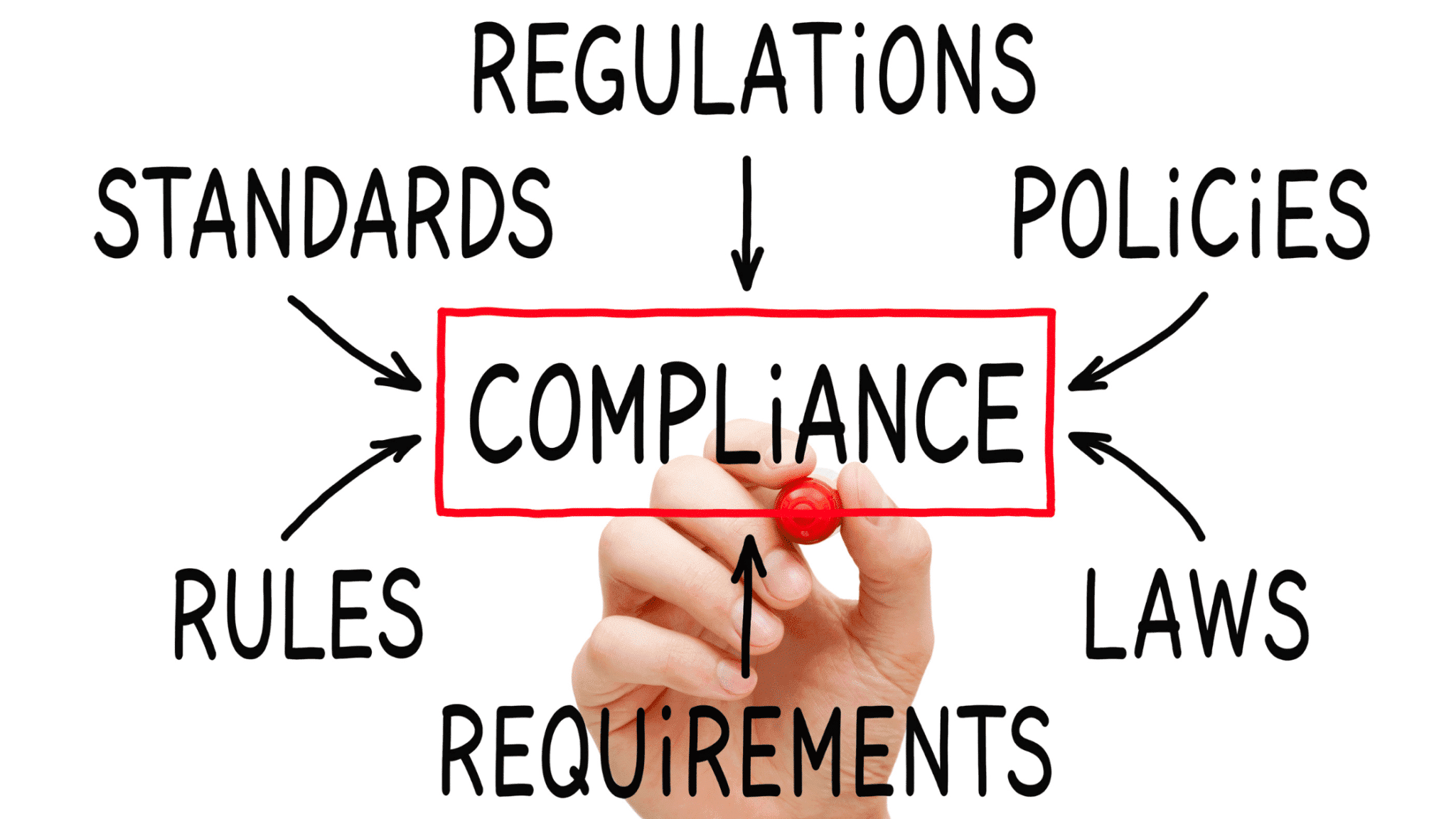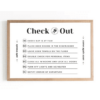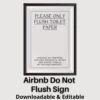
For rental property owners, Airbnb has become a steady source of earning. However, listing your property for a rental business isn’t as of a piece of cake as it seems. You have to ensure that your listing complies with the Airbnb laws and regulations to run your rental smoothly; otherwise, you would be in hot waters if you neglect the Airbnb rules in your area.
Before listing your property on Airbnb, spend some time doing adequate research because some areas have set up specific rules and regulations for Airbnb rentals.
The Airbnb rules are based mainly on the local laws for short-term rentals, and therefore may vary from one location to another. However, some rules are applied to every Airbnb rental regardless of the rental locations.
Below are some points you should consider before listing your property on Airbnb and make sure it complies with Airbnb rules.
Always research your city's laws
If you decide to put up your property for a short-term rental business, it’s your responsibility to keep checking your city’s rules and regulations regarding it.
Never forget to examine the zoning laws because some cities have certain allowable limits. Always check if your property falls within the allowed limits.
If you dare to run your Airbnb rental illegally, do not think you would get out of the mess quickly because some areas like New York and San Francisco have significant fines.
Therefore it will be better to do your homework and save yourself from the pain that could come later.
The rules can be confusing, and usually, it’s tough to find out exactly what restrictions apply in different parts of the world.
Use the following button to head over to the Airbnb repository, where they put together city-wise regulations collectively in one place.
Note: Regulations mostly apply to hosts who are renting an entire property on Airbnb. Whereas sharing a room within your primary residence is considered good and generally excluded from rules.
This link not only provides you with the regulatory information in your area but also offers guidance on how to ensure your Airbnb is safe for guests and complies with all the local safety regulations.
I cannot stress enough on how important it is to check every bit of information on this link and make sure you operate your Airbnb per the law and keep it safe for guests.
Never run a rental without the necessary permit and license
Airbnb’s popularity has skyrocketed, and do does rules and regulations that keep your business in check. Most of the cities now require you to obtain a permit or a business license before putting your property on Airbnb listing.
The permit or license requirements may vary in different areas.
If you run a short-term rental business, you will be viewed as a real estate business owner according to your areas’ laws. Different regions have different permit names like ‘lodgers tax license,’ ‘TOT certificate,’ and ‘land use permit,’ the legal technicalities are usually the same everywhere.
If you own multiple rental properties in the same state doing rental business, you should apply for separate licenses for both estates.
Follow taxation rules
Sometimes it is the responsibility of Airbnb to collect the local tax and submit it; however, in some locations, hosts are held accountable to pay their taxes from the earnings they have made from their Airbnb rentals.
Either the case, you cannot have a ‘go green’ signal from the government of any area if you fail to pay the required tax amount.
Airbnb is not responsible for stepping in and helping you if you haven’t had your taxes paid. The golden rule of any business and not just rental is to keep all your defaults clear to keep your credibility intact.
Read about Airbnb tax rules in the UK.
Check for subletting permission in your area
If you are the owner of the rental property you’ve put up in an Airbnb listing, then it’s okay, and you only need to look at the condo association laws or HOA before listing. However, if the place is not leased in your name, then you must have to check if subleasing is allowed in your area or not.
You wouldn’t want your guest to be evicted by the landlord and harming your name in the business, would you?
It would be safe to seek written permission from your landlord before putting your place on the listing.
Don't forget to get a robust insurance plan
Airbnb rental owners have experienced all kinds of guests coming in and staying for a while on their property. Some have a good background that is kind and wonderful; however, sometimes you may have to deal with some not-so-friendly guests. Sure, you do all the background checks before handing over your property to a stranger.
But there have been incidences of guests damaging the rental properties badly. For all those situations, always keep a second plan to tackle the problem; what’s better than an insurance plan covering all your damage.
Yes, Airbnb does provide some of the insurance, but when you read the regulations carefully, you would know that there are certain damages that Airbnb does not take responsibility for.
Health and security should be your priority
The safety rules and regulations for Airbnb rentals are much more lenient than hotels and other traditional service industries. However, if a guest can get injured or experience any damage, you may get in trouble, and a lawsuit can seriously affect your name in the market. So, take out some time and look carefully through the Airbnb guidelines regarding responsible hosting.
You should provide basic safety things to your guests, including a first aid kit, a fire extinguisher, installing a smoke alarm, and carbon monoxide detectors. Check if your fire escape is marked out. Also, provide the contacts of local emergency services of your area to your guests.
Make sure you don’t have any exposed electrical wires. Keep a check on your ventilation system and ensure it’s functioning well before you hand over your property to your guest.
The most important thing is keeping the occupancy limit in the safe zone and not filling your rental over the limit.
Read: how to find Airbnb planning restrictions in your area.
Be a good neighbour
If you want your Airbnb rental business to run successfully, then it is imperative that should be mindful of people living near your property. Ensure the rules that your society or community has won’t conflict with having rental guests stay at your house.
If your building has any rules regarding smoking, parking, noise, and pet stay, make sure to cover it in your house rule list.
Don't oversell
Never go over the board on showing off your property. Airbnb considers the accuracy and honesty of your listings’ description and titles, so never try too hard to endorse your property.
If Airbnb finds your listing description misleading or deceptive, it will be removed from the platform. Ensure the photo you choose to upload, description, and title match the actual property people will get.
Conclusion
While renting out your property on Airbnb on a short-term basis seems like an easy source of income; however, the legal technicalities that come with it make it challenging.
If you have followed all of the above-stated points, then you are all set to enter the Airbnb market and start earning. But, don’t forget to keep a check on the new rules and regulations and always comply with them to let your rental business run smoothly.








